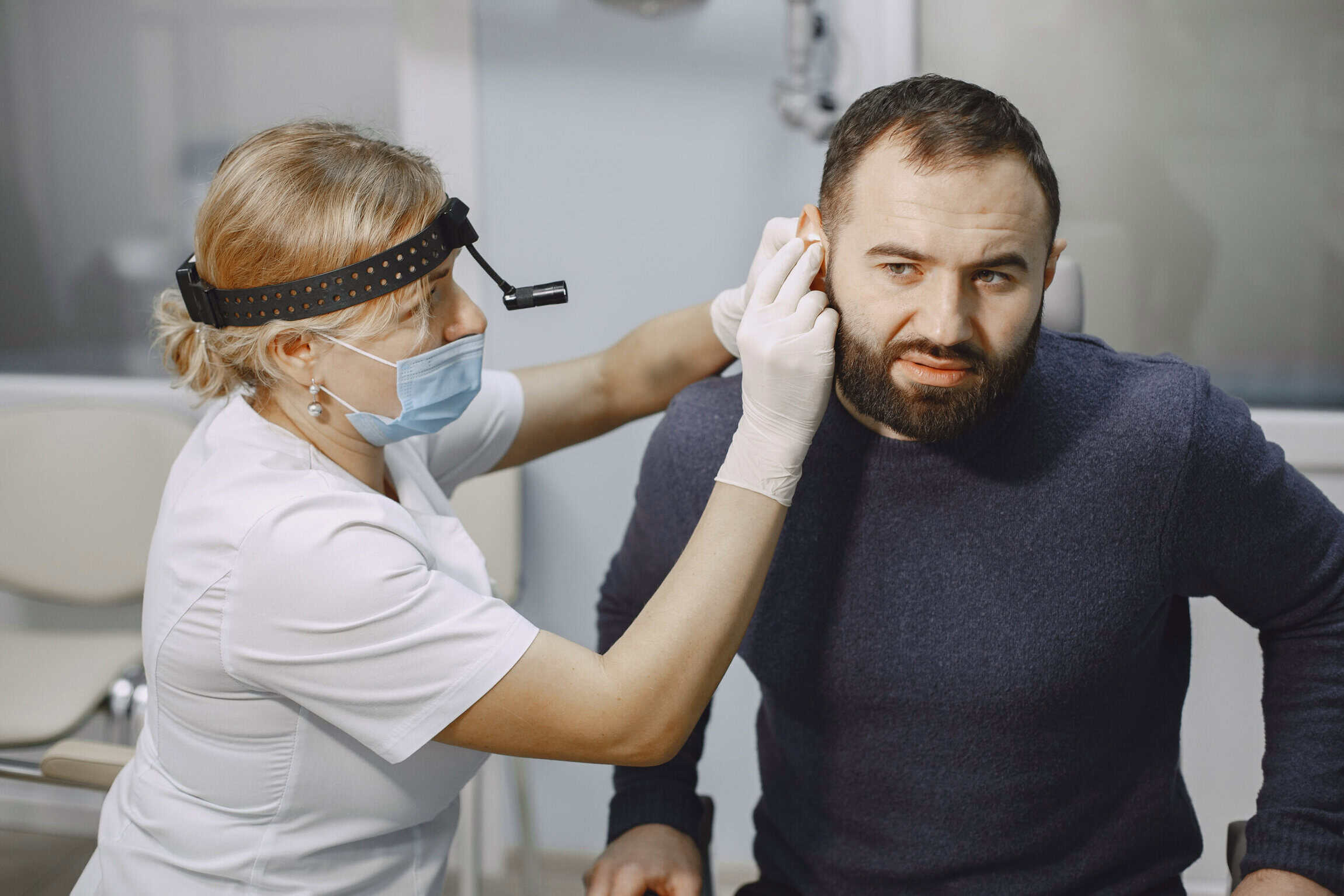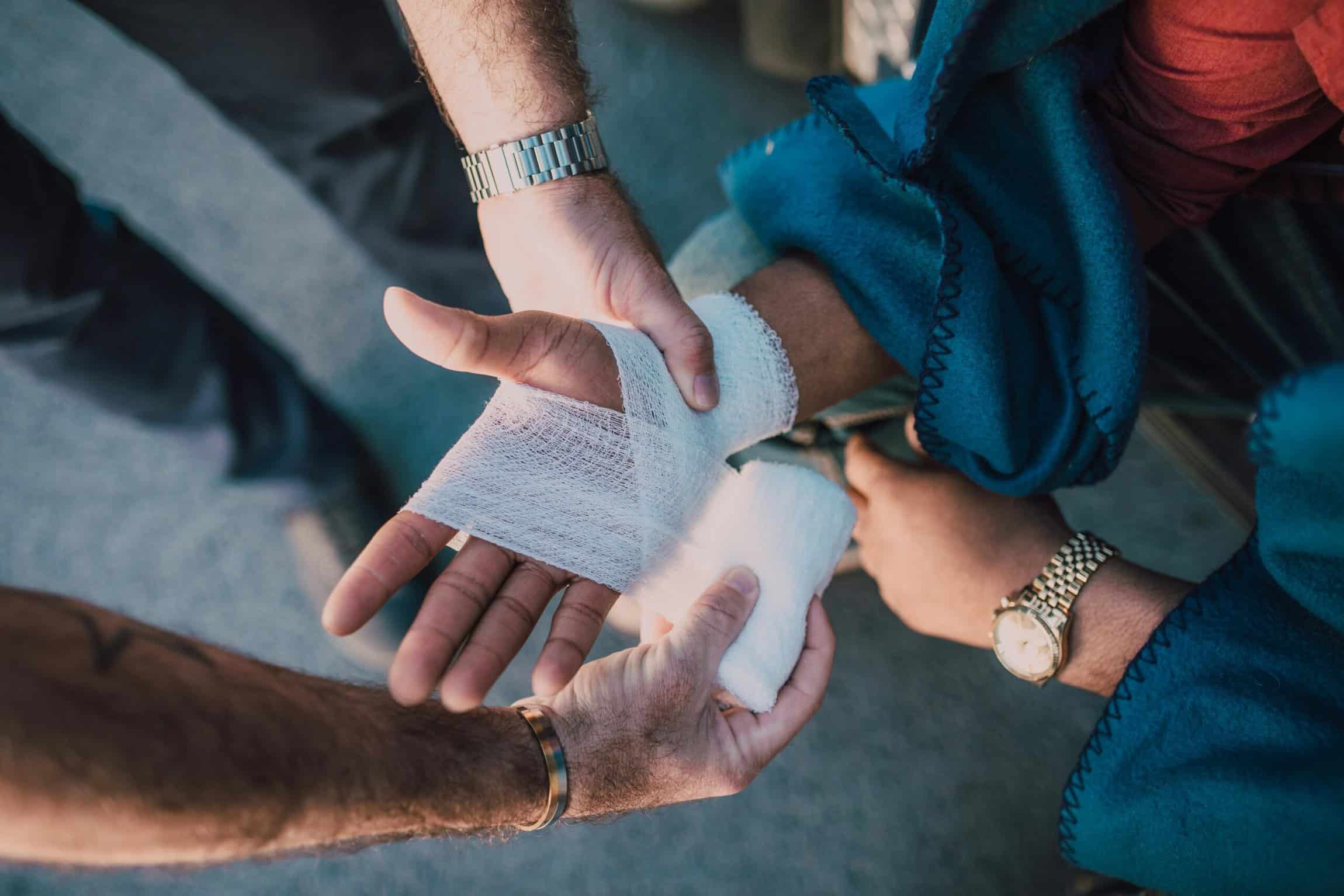One of the most concerning symptoms after an accident is numbness and tingling in the body. While some may dismiss these sensations as temporary discomfort, they could be signs of serious nerve damage or other underlying injuries.
If you experience persistent numbness or tingling after a car accident, seeking medical attention should be your first priority. Additionally, consulting with a car accident injury lawyer can help you understand your legal rights and ensure you receive the compensation you deserve for medical expenses, lost wages, and pain and suffering.
Common Causes of Numbness and Tingling After a Car Accident
Several types of injuries can cause numbness and tingling following a car accident. These symptoms typically indicate nerve involvement, which can stem from various conditions, including:
Pinched Nerves
Nerves can become pinched due to swelling, muscle damage, or bone misalignment following an accident. When a nerve is compressed, it may cause a burning sensation, tingling, or weakness in the affected area. You may experience these sensations in your arms due to a neck injury or in your legs due to a low back injury. These symptoms can have a quick onset or they could take days or weeks before they become evident.
Whiplash and Neck Injuries
Whiplash occurs when the head is forcefully jerked forward and backward, straining the neck muscles and damaging soft tissues. This can lead to inflammation and compression of nerves, resulting in tingling sensations, especially in the arms and hands. In rare cases, whiplash can cause damage to the carotid artery which could result in a stroke if the injury is not addressed immediately.
Herniated or Bulging Discs
A herniated or bulging disc in the spine can put pressure on surrounding nerves, causing pain, numbness, and tingling. This is common in car accidents due to the sudden impact on the spine. Symptoms may develop immediately after an accident or in the coming weeks and months. Symptoms may radiate from the neck down to the arms or from the lower back to the legs. Various treatment options are available for disc injuries ranging from physical therapy to surgery.
Spinal Cord Injuries
Severe spinal cord injuries can result in long-term or even permanent nerve damage. If the spinal cord is impacted during a crash, it can lead to partial or full-body numbness, tingling, or even paralysis, depending on the severity and location of the spinal cord damage from the injury.
Traumatic Brain Injuries (TBIs)
Head trauma from a car accident can lead to nerve damage and neurological issues, causing tingling sensations or loss of sensation in different parts of the body. TBIs can range from mild concussions to severe brain damage. Symptoms of a TBI Headache can include nausea and vomiting, seizures, confusion or disorientation, loss of consciousness, weakness or numbness, difficulty with balance and coordination, blurred or double vision and sensitivity to light and sound. If you experience any of these symptoms report them to your doctor as soon as possible.
Soft Tissue Damage
Soft tissue injuries, such as deep muscle bruising, can result in swelling that presses against nerves, leading to temporary numbness or tingling. These symptoms usually appear within 24 hours after an accident and can worsen if not properly treated. Treatment typically includes medication and physical therapy depending on the severity of the symptoms.
When to Call a Car Accident Injury Lawyer
If you experience numbness and tingling after a car accident, it’s important to know when to seek legal representation. These symptoms could indicate serious nerve damage or other underlying injuries, which can lead to significant medical expenses and long-term complications. Here are some situations where calling a lawyer is crucial:
Symptoms Persist for Days or Weeks
Not all injuries are immediately apparent after a car accident. Sometimes, nerve damage and related conditions develop gradually, with symptoms worsening over time. If your numbness or tingling does not improve after a few days, it may indicate a more serious injury.
Long-term nerve damage can lead to chronic pain, muscle weakness, or even permanent loss of sensation. Seeking medical attention is essential, but if your symptoms continue, consulting with a lawyer can help ensure you receive proper financial compensation for ongoing medical treatment and potential long-term effects.
Mounting Medical Expenses
Treatment for nerve-related injuries can be extensive and costly. Diagnostic tests, such as MRIs and CT scans, are often required to assess the extent of the damage. Depending on the severity of your condition, you may need ongoing physical therapy, chiropractic care, pain management, prescription medications, or even surgery.
These treatments can quickly add up, leading to financial strain. A car accident lawyer can help you pursue compensation for both immediate and any future medical costs and expenses, ensuring that your settlement accounts for the long-term costs of your injury.
Insurance Companies Deny Your Claim or Offer a Low Settlement
Insurance companies often prioritize their profits over your well-being. Adjusters may downplay the severity of your injuries, argue that your symptoms existed before the accident, or outright deny your claim. Even if they do offer a settlement, it may be far less than what you actually need to cover medical expenses, lost wages, and pain and suffering.
An experienced injury lawyer knows how to negotiate with insurers and push back against lowball offers. They will use medical records, expert testimony, and legal expertise to demand fair compensation on your behalf. If necessary, they can take your case to court to fight for the settlement you deserve.
Another Party’s Negligence Caused the Accident
If your accident was caused by another driver’s negligence—such as distracted driving, speeding, or driving under the influence—you have the legal right to seek compensation and pursue a personal injury claim. Proving fault is essential in these cases, and a lawyer can help gather critical evidence, including:
- Police reports documenting the accident
- Eyewitness statements confirming what happened
- Traffic camera footage or dashcam recordings
- Accident reconstruction analysis to demonstrate how the crash occurred
- Medical records linking your injuries to the accident.
Inability to Work Due to Injuries
Nerve damage and related injuries can severely impact your ability to work, especially if your job requires physical movement, fine motor skills, or prolonged sitting or standing. If your symptoms make it difficult to perform daily tasks or force you to take extended time off work, you may be entitled to compensation for:
- Lost wages from missed workdays
- Reduced earning capacity if your injuries prevent you from returning to your previous job or force you into a lower-paying role
- Future income loss if your condition results in long-term disability or prevents you from working altogether
How a Car Accident Lawyer Can Help Your Case
A car accident lawyer will collect and organize medical records, including diagnostic test results (MRI, CT scans, EMG) and treatment plans, to establish the extent of nerve damage. Accident reports from law enforcement provide key details on how the crash occurred, while witness testimonies help corroborate your version of events.
Additionally, a lawyer may work with medical experts to explain the long-term impact of nerve damage and accident reconstruction specialists to demonstrate how the crash caused your injuries. Proper documentation is crucial for proving liability and ensuring a successful insurance claim.
Handling Insurance Companies
A skilled attorney knows the tactics insurers use, such as disputing medical evidence, downplaying injury severity, or offering lowball settlements. Your lawyer will handle all communications and negotiations, ensuring that you don’t inadvertently say something that could be used against you.
They will present well-documented evidence, push back against unfair settlement offers, and negotiate aggressively to secure fair compensation for your medical bills, lost wages, and pain and suffering.
Filing a Lawsuit if Necessary
If negotiations with the insurance company fail to result in a fair settlement, your attorney may recommend filing a personal injury lawsuit. This process involves submitting a formal legal complaint detailing the accident, the injuries sustained, and the damages being sought.
Lawsuits can be time-consuming, but in many cases, insurance companies will offer a better settlement once they see that you’re serious about pursuing legal action.
Protect Your Health and Legal Rights After a Car Accident
At Renfro & Renfro, we provide compassionate, personalized representation for car accident victims in Fredericksburg, Richmond, and throughout Virginia. Numbness and tingling after an accident could signal serious nerve damage requiring immediate medical attention.
If you’re facing persistent symptoms, high medical costs, or insurance challenges, our experienced attorneys can help you navigate the claims process, gather evidence, and fight for the compensation you deserve. Don’t wait—protect your health and rights. Contact Renfro & Renfro today and schedule a free consultation today!






